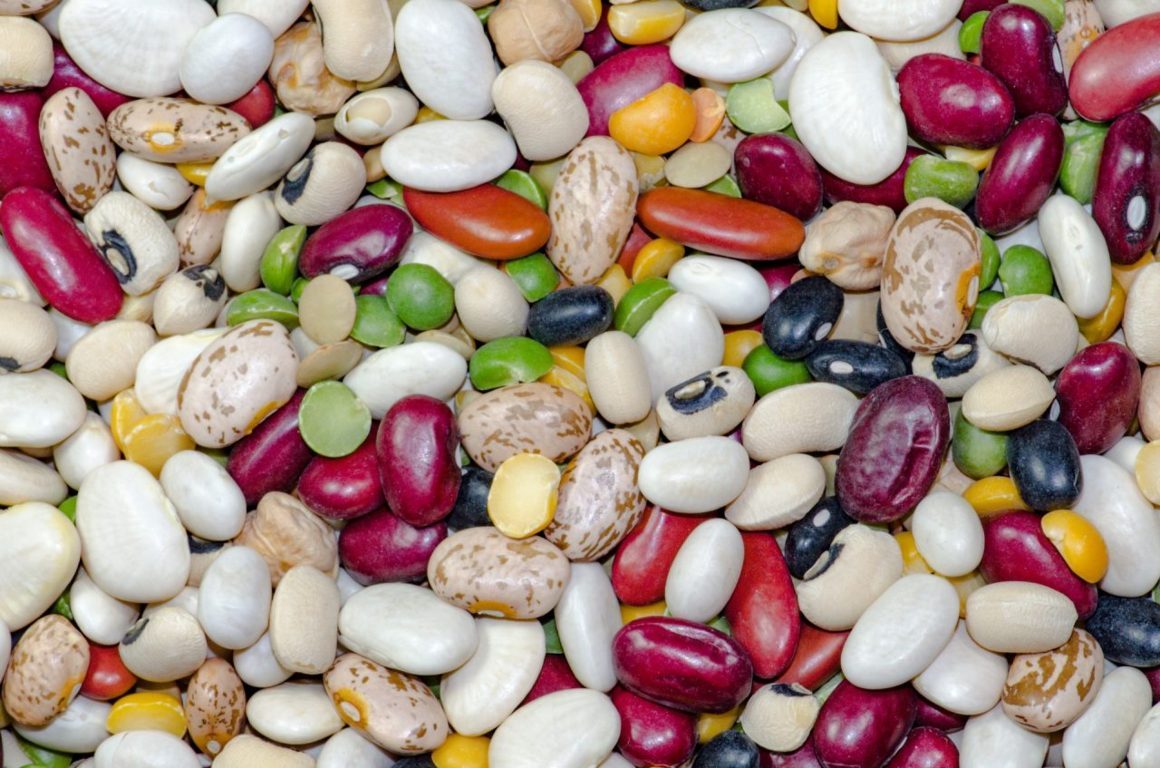


We all know that calcium is that all-important mineral that boosts bone formation and maintenance. But did you know that your heart, muscles, and nerves also need calcium to function properly?
Know Your Nutrient:
- CALCIUM is the most abundant mineral in the body, making up to 2% of total body weight.
- It is vital for the formation and maintenance of bones and teeth.
- It is crucial for the contraction of all muscles, heart muscles being the most important.
- Helps in maintaining a normal heartbeat, nervous functions, and blood clotting.
- Helps in releasing hormones and other important chemicals.
The requirement of calcium increases during periods of growth, as in children and adolescents, pregnancy and lactation, and in the elderly to combat bone loss that occurs with aging.
Calcium deficiency occurs due to insufficient calcium intake, poor calcium absorption and certain hormonal disorders of the parathyroid gland, menopause, and Vitamin D deficiency.
The most pronounced effect of calcium deficiency is osteoporosis, which is rampant in young adults as well as the elderly. The other manifestations are easy fractures, muscle cramps, weak and brittle nails, tingling sensations, memory loss, and hallucinations.
Eating Enough Calcium! Is It Available?
- Usually, only 30%-60% of ingested calcium is absorbed.
- Calcium is best absorbed in the small intestine and in an acid medium (ph<7), which prevails after a meal.
- Lactose (sugar naturally present in milk) and Vitamin D aid calcium absorption.
- Calcium is best absorbed from foods with a Calcium to Phosphorus ratio of 1:2.
- Calcium Carbonate is the most commonly used form of calcium supplement.
- Calcium intake whether by foods or in the form of supplements should be consumed in staggered doses throughout the day rather than all at one time as the body can absorb only a particular amount at one time.
- Oxalates and phytates found in certain foods bind with calcium making it insoluble and decreasing its absorption.
- Certain medications and aging also decrease the efficacy of calcium absorption.
Calcium Friendly Foods:
Dairy and its products: milk, yogurt, cheese, and cottage cheese.
Cereals and pulses: cereals like finger millet (ragi), pulses like horse gram, kidney beans, and soyabean.
Vegetables: dark green leafy vegetables like kale, fenugreek, amaranth leaves, and other veggies like lotus stem, Edamame (young soybeans).
Nuts and oilseeds: like poppy, gingelly, omum, cumin, garden cress, and sunflower seeds.
Fishes: sardines and salmons (edible bones).
Bones form the framework of your body and Calcium is synonymous with healthy bones! The equation is simple; a diet optimum in calcium and associated vitamins is the answer to a healthier, fitter you!
Click on the link below for CURO recipes:
Read our blogs on:
Phosphorus – You’d be jelly without it
Vitamin D – The sunshine vitamin



